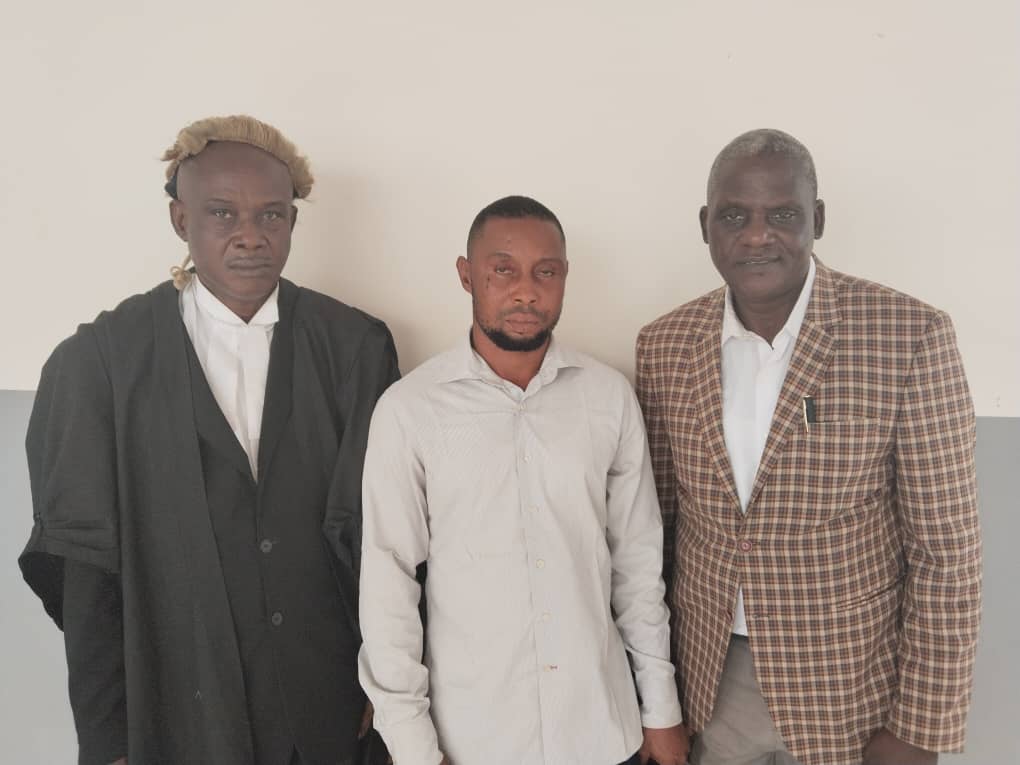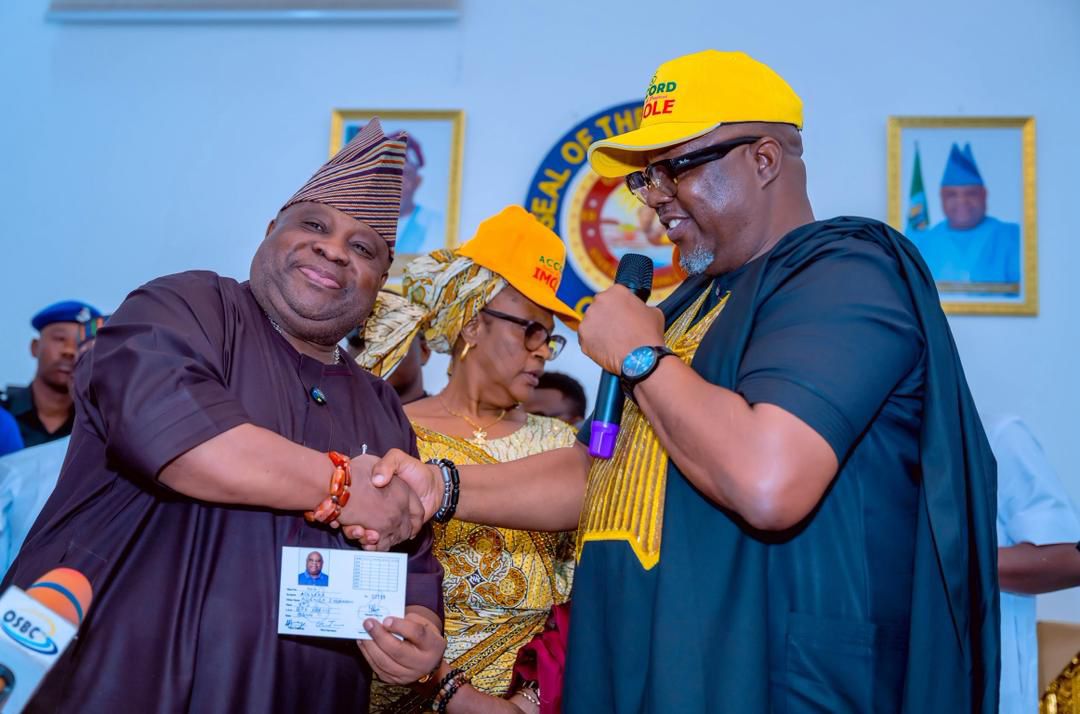Have you ever heard the story of an Elephant and an Antelope? It was a judicial joke.
An antelope was running like mad. An elephant asked him, “Antelope, why are you running like that?”
She replied, “The police are arresting all the goats in the village.”
The elephant retorted, “But you are not a goat!”
The antelope replied, “With our current judiciary system, it will take me 20 years to prove that I am not a goat.”
The story of Waheed Kasali truly depicts that of the Antelope and the Elephant.
There was a case of the murder of one Muyiro at Ogijo in the Ikorodu area. Waheed had just closed from work at a battery charger when he ran into the police at a checkpoint making arbitrary arrests. About 25 people were arrested and taken to the police station in Abeokuta State CID. During the statement he made to the police, he mentioned that he was just coming from work.
This statement remained consistent from the point of arrest until the trial.
In the process of the arrest of many over the murder, many of them were later released, leaving 5 of them.
Three of them filed an application for bail, leaving two of them in the case. Later, the two of them were separated, and the other was released, leaving Waheed alone in the trial. Adjournment upon adjournment occurred until the lawyer was fed up with coming to court without progress.

In 2022, the prison official in Ijebu Ode introduced the case of Waheed Kasali to CJMR. We obtained the case file for evaluation and the possibility of getting justice for Waheed Kasali. It was noticed that there was no medical report, police report, or death certificate pronouncing the death of the person. We only saw an unclear picture of the deceased. There was no serious direct evidence against the defendant, no confessional statement from the defendant. We decided to take up the matter by linking the case to Barrister Yemi Adeshina SAN of Gray Stone Solicitors, who was handling a similar case. Fortunately, the judge resumed work from a long vacation. It was a series of adjournments, and the case went through due diligence in prosecution, with final court written address and judgment delivered on 10/7/2024.
The reading of the judgment lasted 2 hours and 45 minutes by the Honorable Justice Osinuga. During the judgment, the judge criticized the police for not investigating the alibi, such as his place of work where he claimed he was coming from. Finally, the judge discharged him and acquitted him. For a judge sitting for 2 hours and 45 minutes and for the defendant to remain standing for the same duration is a serious ordeal.
The judge is very sound in reasoning. After reading the judgment, before making the final pronouncement, she asked the State Counsel, “What do you want me to do?”
In response, the state counsel said, “I want the court to convict him.”
Eventually, the judge delivered the judgment in favor of the defendant. Waheed Kasali was discharged and acquitted.
Thanks to all our partners who always contribute money to the legal appearance of our lawyers.
Kudos to the legal team of Yemi Adeshina SAN, Leonard C. Okpara Esq, Tajudeen Adeyemi Esq, Happiness Oguaghamba, and Chioma Jane Eme Esq.
I also want to thank Ahmod Ariyibi for his contribution to the vision of CJMR.
After the victory, we led him to his family, where in their presence, we demanded all the phone contacts he collected in prison, and he surrendered all to us. This we did to cut communication from bad gangs and to reduce crime in society.”
For further information, contact www.cjmr.com.ng
08025782527
08030488093

 Uncategorized5 days ago
Uncategorized5 days ago
 Africa4 days ago
Africa4 days ago
 The Oracle5 days ago
The Oracle5 days ago
 Africa3 days ago
Africa3 days ago
 Featured4 days ago
Featured4 days ago
 Business3 days ago
Business3 days ago
 Opinion5 days ago
Opinion5 days ago
 Featured3 days ago
Featured3 days ago














